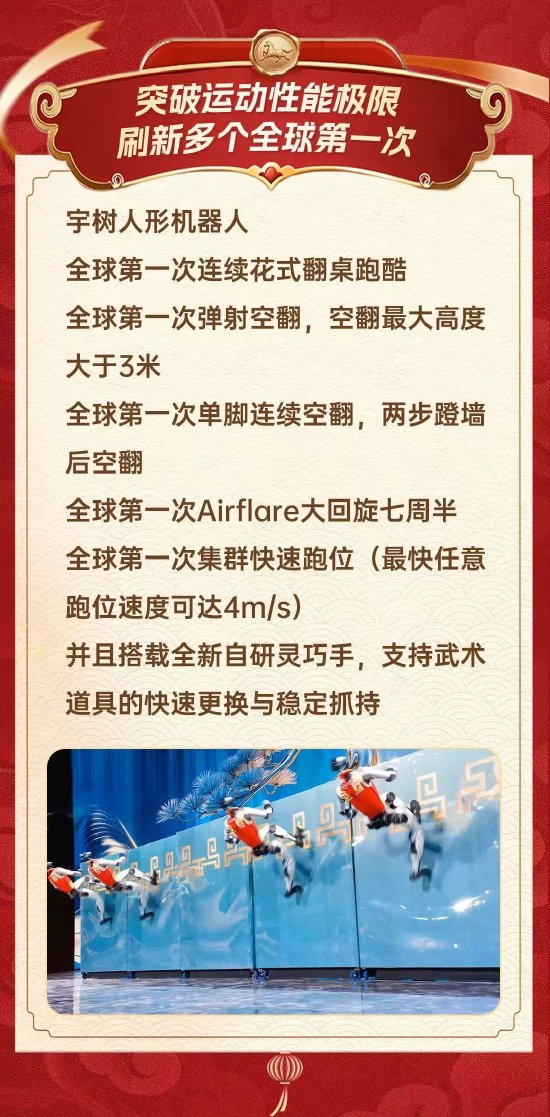The medical AI field is witnessing an unprecedented capital frenzy. The startup Assort Health, which focuses on automating patient communication in healthcare institutions, has just completed a shocking funding round. Its valuation surged from less than 2.5 billion RMB to 7.5 billion RMB within four months, an increase of over 200%.
According to three sources, Assort Health raised approximately $50 million in its Series B round, bringing its valuation to $750 million. More surprisingly, this round came just four months after the company's $22 million Series A round. The round was led by the well-known venture capital firm Lightspeed Venture Partners, and this investment speed and valuation growth are extremely rare in the venture capital circle.

Assort Health's core weapon is its AI voice agent system, specifically designed to take over high-frequency repetitive tasks at the front desk of healthcare institutions. Whether it's scheduling appointments, canceling appointments, or answering common questions, these tedious tasks that used to require front desk staff can now be handled by AI. This allows human employees to focus on more complex or sensitive patient interactions, greatly improving overall service efficiency.
This wave of investment in AI medical assistants is not an isolated case. Last week, EliseAI, which focuses on real estate and healthcare institution front desk customer service automation, announced a $250 million Series E round led by the renowned venture capital firm Andreessen Horowitz, with a valuation of $2.2 billion. Another medical AI assistant company, Hello Patient, also completed a $20 million Series A round led by Scale Venture Partners earlier this month, reaching a valuation of $100 million.
A series of intensive fundraising activities reveals an important trend: the healthcare industry is rapidly embracing AI solutions. As AI assistant tools for medical records from companies like Abridge and Ambience Healthcare become increasingly popular, investors are now betting on the emerging AI application area of patient communication.
Assort Health's target customer selection shows strategic insight. The company primarily serves small and medium-sized specialty healthcare institutions, which often face long waiting times. Through the fast response capability of AI agents, these institutions can effectively reduce patient attrition and prevent patients from turning to competitors for services.
Although Assort Health's annual recurring revenue is currently slightly above $3 million, according to two sources, the company is experiencing rapid growth. Initially focused on orthopedic and physical therapy institutions, the company has recently expanded its services to other specialties, including obstetrics, dermatology, and dentistry.
This promising company was co-founded two years ago by two co-founders with completely different backgrounds. Co-founder Wang Jun was originally a medical school student, but he gave up his medical career and turned to entrepreneurship. The other co-founder, Liu Jie, was a former Facebook engineer with a strong technical background. This perfect combination of medical expertise and technical strength has laid a solid foundation for the professionalism and practicality of the company's products.
In response to media inquiries, neither Lightspeed Venture Partners nor Assort Health provided a comment, but this has not affected the attention of the outside world on this deal.
Looking at the overall development of the industry, AI is triggering a profound transformation wave in the medical field. From the initial automation of medical records to the current automation of patient communication, AI technology is gradually penetrating all aspects of healthcare services. This not only significantly reduces the operating costs of healthcare institutions but also improves the patient experience, creating a win-win situation.
Assort Health's successful funding and rapid valuation growth mark the beginning of a high-speed development phase for the AI medical assistant sector. With continuous technological maturity and expanding application scenarios, this niche field is likely to produce more unicorn companies in the coming years. For healthcare institutions still operating under traditional models, embracing AI technology is no longer an option, but a must for survival.









